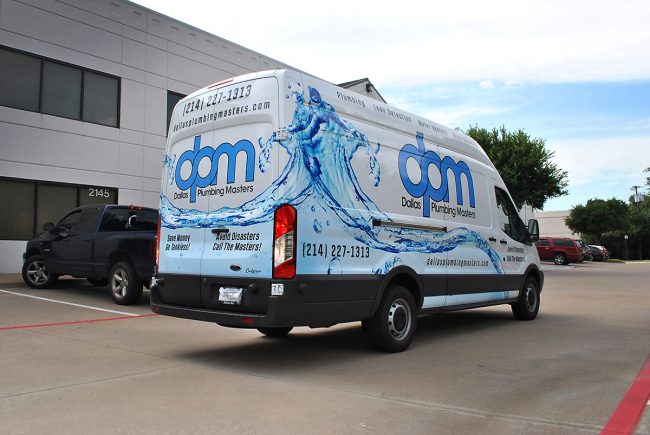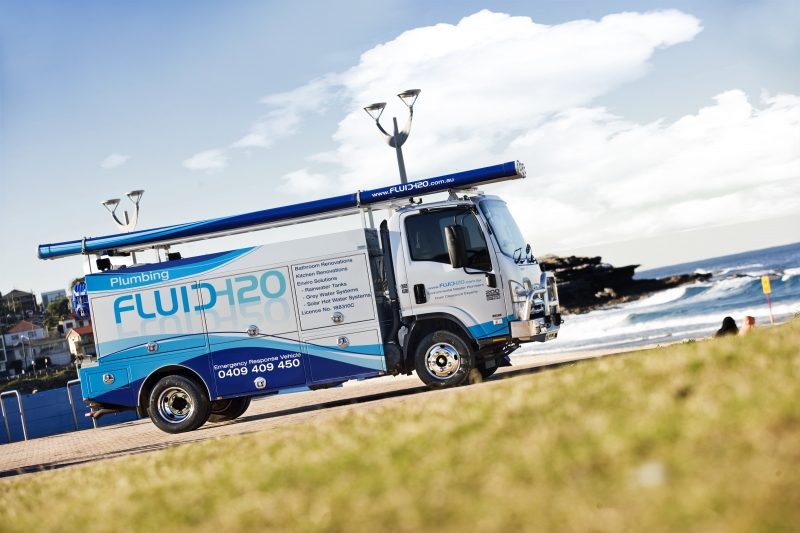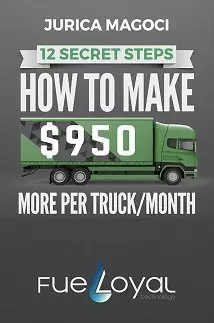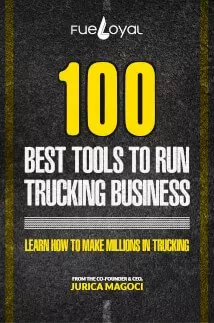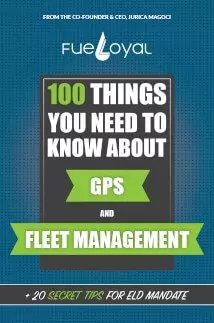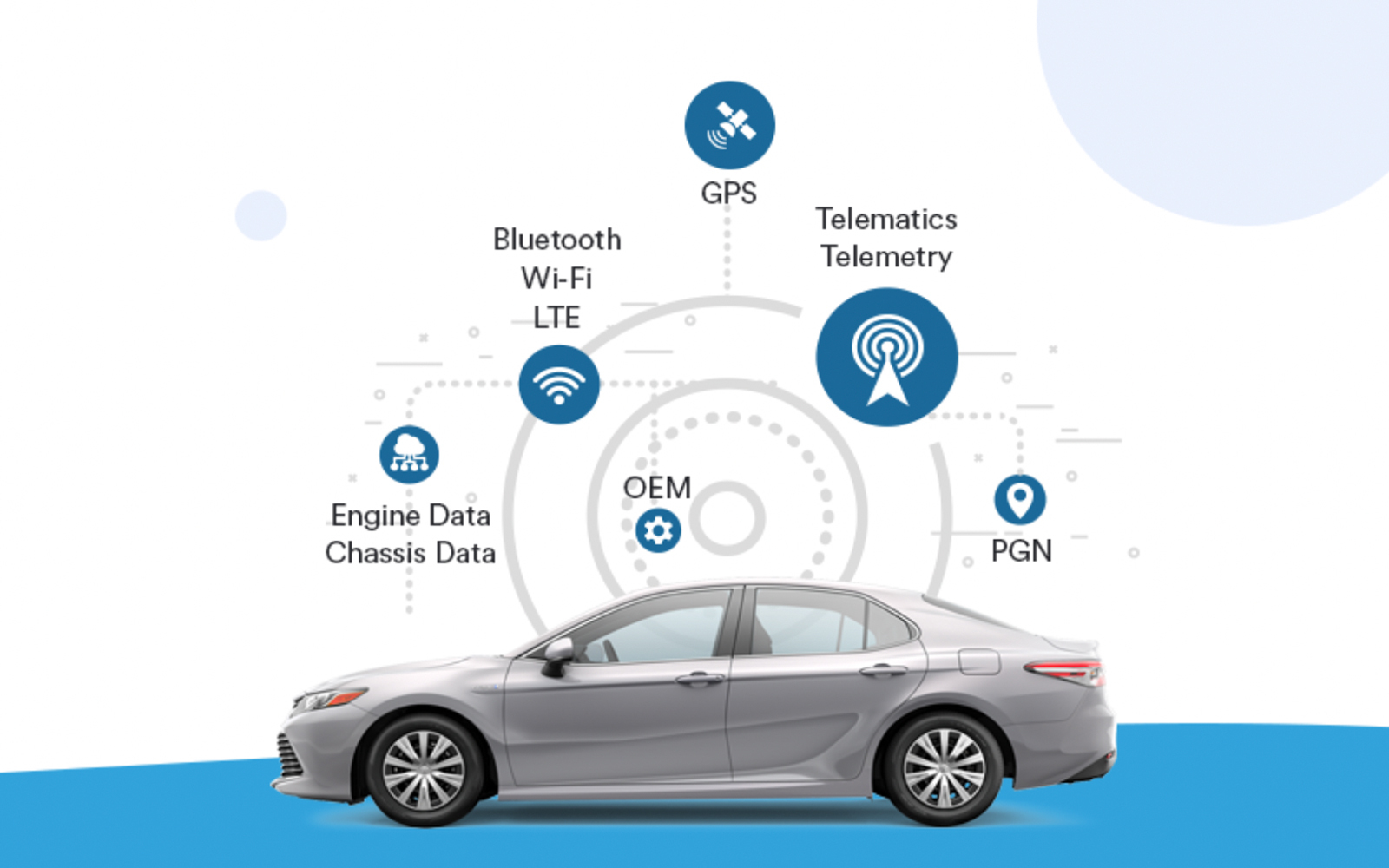There are trucks which have amazing performances and however, they still have to be checked before
To continue with, there are the vans, the pickups and the service trucks which all are practically favored by the plumbers.
However, the main question here is which truck is right for the plumbers?
100 THINGS TO KNOW ABOUT GPS AND FLEET MANAGEMENT
Hey! I'm George J. Magoci and I will send you a FREE eBook where you can learn 100 Things To Know About GPS and Fleet Management.

One of the most important factors to consider when looking for a new work vehicle is that it provides suitable storage.
Moreover, you need organization options in order to easily locate as well as access the items that you need so that you can use them when you need them.
Things To Consider First
Before searching for a used or new work vehicle, consider the following points:
When in the market for your next vehicle, the first consideration is whether to buy new or used. Buying a brand-new plumbing truck certainly has its benefits.
Most notably, new vehicles can have the very latest safety gear and engineering improvements.
